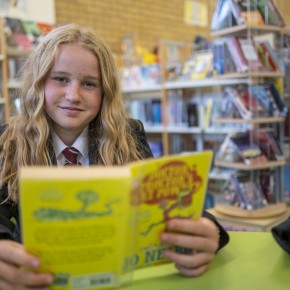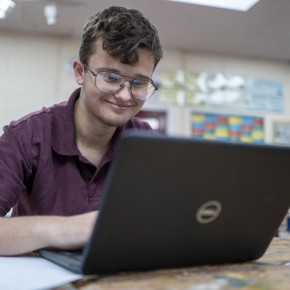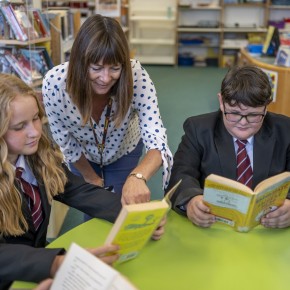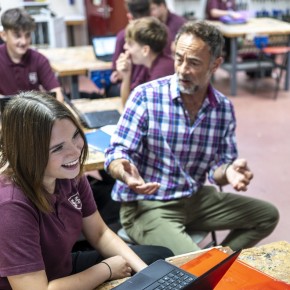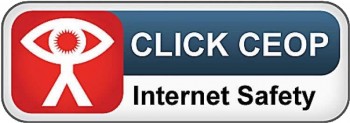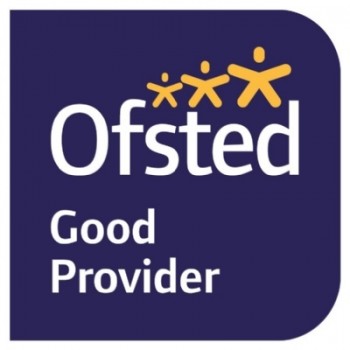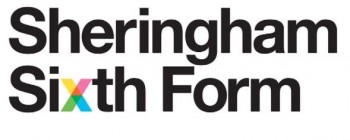STEM stands for Science, Technology, Engineering and Maths. Throughout the year the Science Department offer a number of STEM-related activities. These might be during an SMSC day, part of an external visit or an after school club. In 2020 - 2021 we hope to offer the following:
- Lego Robotics after school club (Year 8/9 pupils, Wednesday after school)
- Turning Turbines in partnership with V3 and Teacher Scientist Network
- Top of the Bench competition
- Salter’s Chemistry Festival
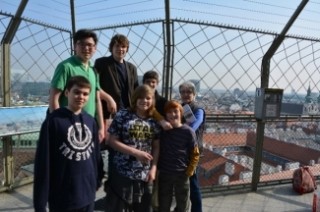
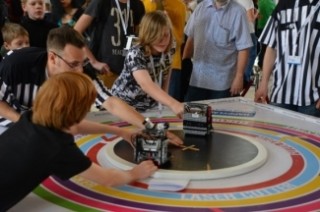
Students have been involved in many enterprising activities with a focus on STEM, including; developing a range of bath bombs to sell in school that were designed and made by KS3 students. Students also developed futuristic toilets as part of an Anglian Drop 20 challenge. The designs needed to adhere to a strict project focus that required the toilets to save vast amounts of precious water. Sheringham High School won the competition and student, Henry Keen, was commended by Anglian water for his waterless design!
The projects have even extended to designing and making rocket cars! KS4 students took part in a national competition that was linked to promoting the Bloodhound Rocket car that was attempting to break the land speed record. Students were able to use 3D CAD design software to develop a rocket car before getting hands on and building it in class time. A BBC Micro:bit was used to record the maximum speed of the rocket car. Thirty students then travelled to the UTCN to compete against schools from all over the country. Watching the model rocket cars blast off was…..a blast!
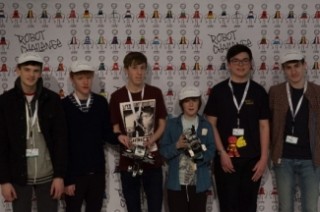
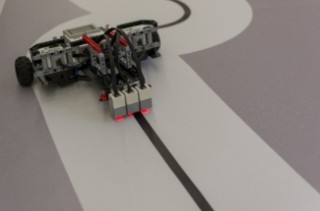
For the past 3 years students have been much more heavily involved in robotics during STEM club. We have used LEGO robotics to develop a series of 1kg sumo wrestlers and a line follower. Students have designed, built, programmed and competed on an international stage with the robots in Vienna, Austria and Tallinn, Estonia. Sheringham High School has always been placed very highly for all competitions and for the last 2 years we have been the top British team!
This year, with the generous support from the Dudgeon Community Fund, Sheringham is playing the lead role in bringing several Norfolk secondary schools together to compete for the privilege of going to Estonia with an all-expenses paid trip for the victors. The Dudgeon Community Fund has provided resources, managed by Ms Gardener at Sheringham High School, for each school to have LEGO Robotic kits and training has been provided, where necessary, to get new projects off the ground in these schools.
